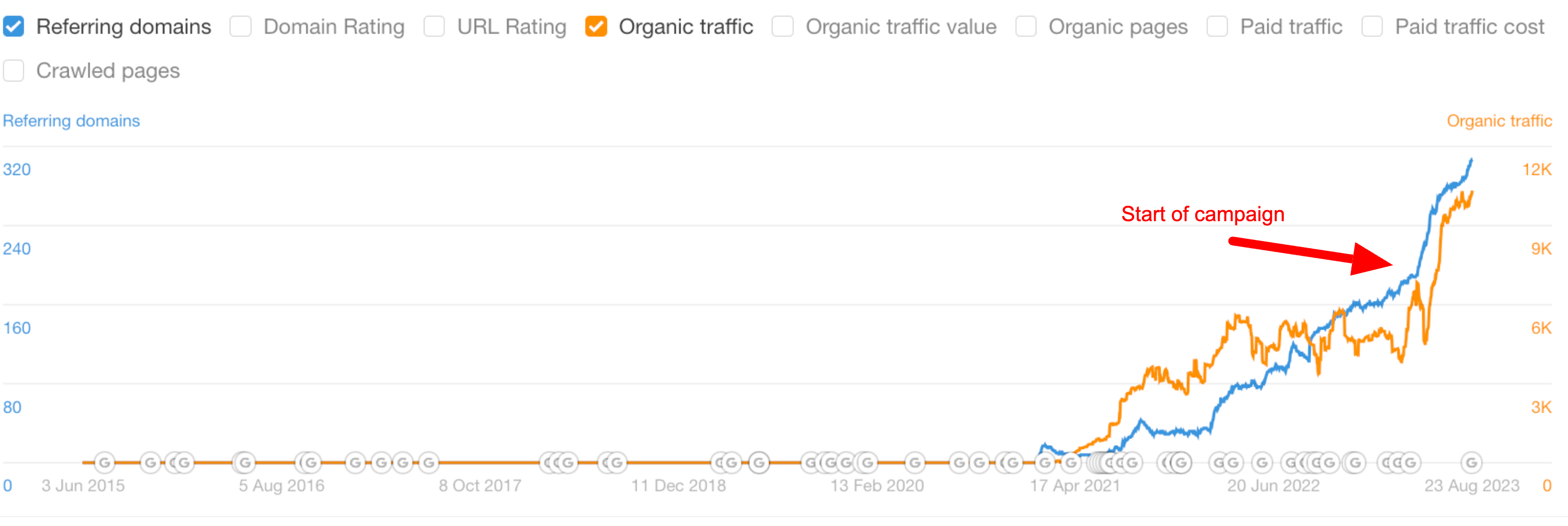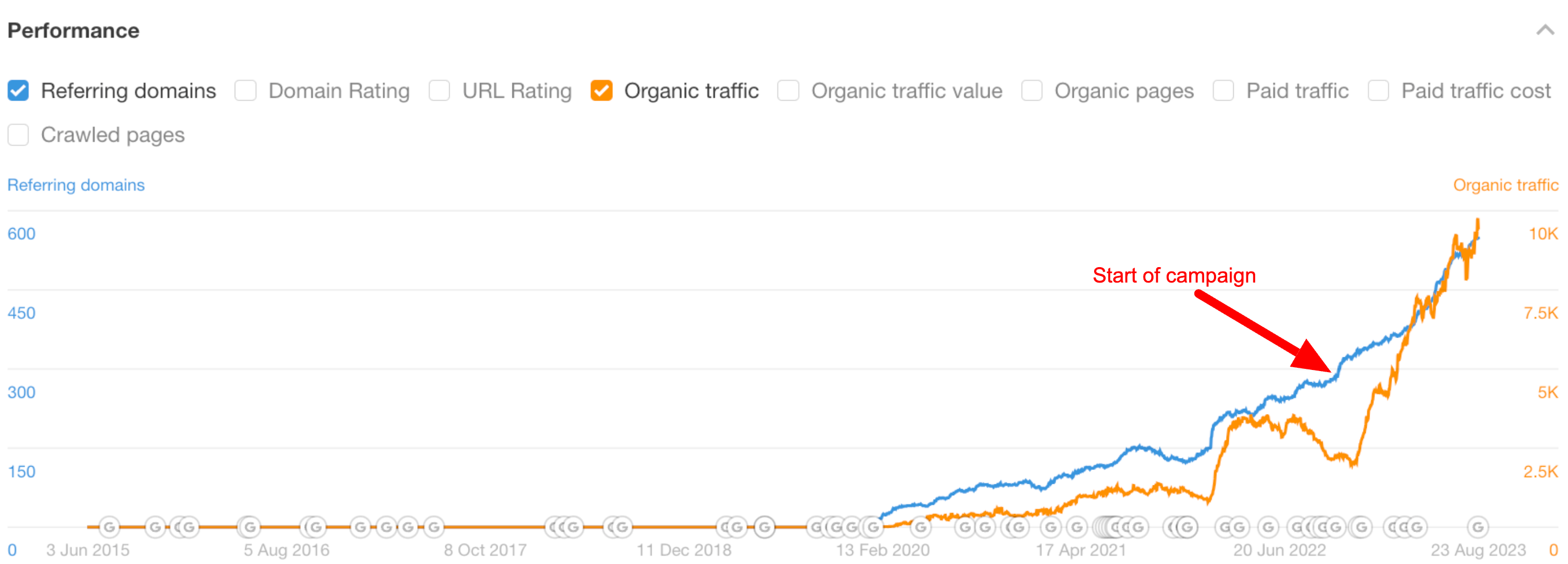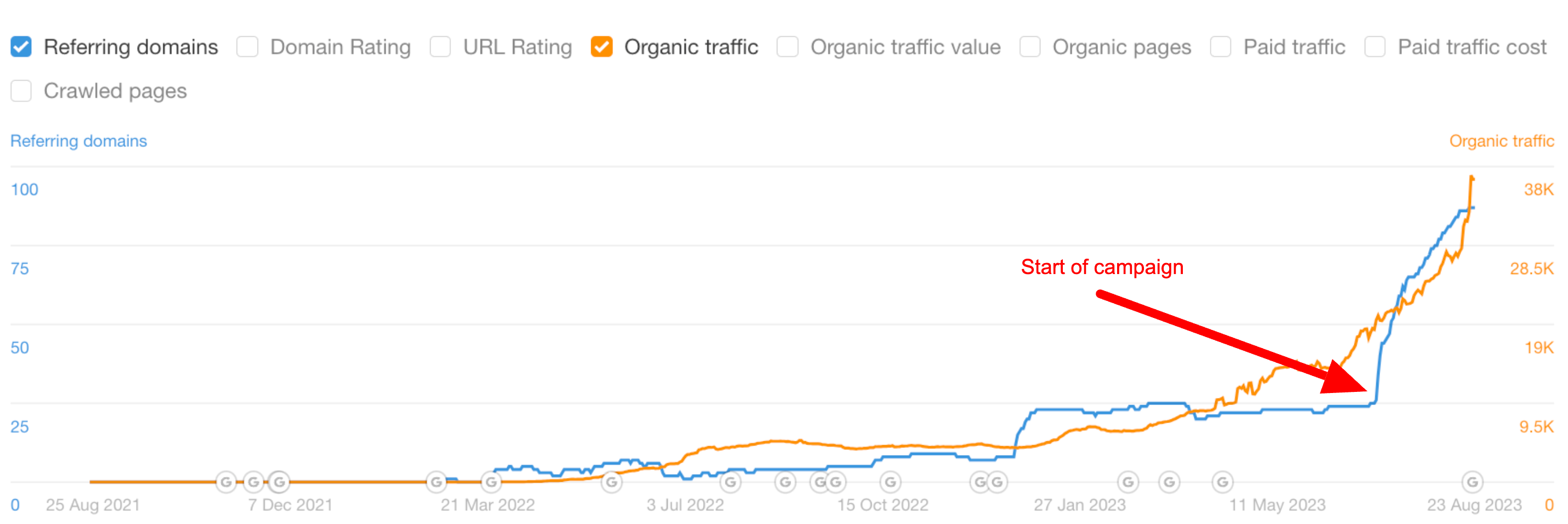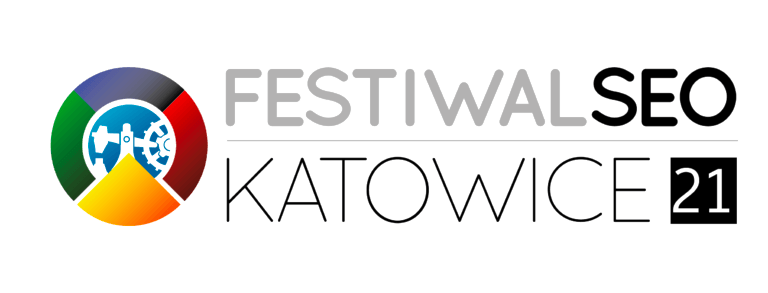In the ever-changing landscape of SEO, the role of backlinks has been a subject of hot debate. While some argue that their importance is waning, others firmly believe in their continued relevance. Here’s a concise look at the current state of backlinks:
- Backlinks Debate: The SEO community is divided on the importance of backlinks in 2023.
- Historical Context: Backlinks have always been the cornerstone of Google’s ranking system.
- Current Scenario: Recent studies and industry insights affirm the continued significance of backlinks.
So, do backlinks still matter?
TL;DR: Yes, backlinks still matter in 2023. They continue to be a vital part of SEO strategy, reflecting a website’s authority and relevance in the digital landscape. The debate continues, but the data leans towards their enduring importance.
The Historical Significance of Backlinks
- Google’s PageRank Algorithm: Backlinks played a pivotal role in Google’s original PageRank algorithm, serving as a measure of a site’s credibility and relevance.
- Foundation of Google’s Ranking System: Backlinks were not just a part of Google’s ranking system; they were the foundation. They acted as votes of confidence, influencing a site’s position in search results.
The Current State of Backlinks in 2023
- Continued Importance: Various independent studies have proven that backlinks continue to be a vital factor in SEO performance in 2023.
- Dominance of Authority Sites: Search engines like Google favor authority sites, defined by a high number of links from trustworthy sources. These sites often dominate Search Engine Results Pages (SERPs).
- Correlation with Higher Rankings: A site’s overall link authority, as measured by metrics like Domain Rating (DR) and Domain Authority (DA), strongly correlates with higher search engine rankings. The more quality backlinks a domain has, the higher its position on the SERP.
Do not rely on DR or DA exclusively for checking a site’s backlink potential. This metric can be easily influenced by services you can get for $15 on Fiverr. Use other metrics like organic traffic, the ratio between linking and referring domains both on page level and domain level, and the last cache date of the page.
The Quality vs. Quantity Debate
When it comes to backlinks, a question often arises: Is it about quality or quantity? Let’s explore this critical aspect of SEO.
Quality Over Quantity: The Golden Rule
You must acquire backlinks from quality, trustworthy sites. The best backlinks are the ones you can’t buy, reflecting genuine endorsements of your content. These high-quality links significantly boost your site’s credibility and ranking. It’s not about the number of backlinks; it’s about their source.
The Diminishing Returns of Same-Domain Links
Getting multiple links from the same domain can lead to diminishing returns. Unless you’re targeting different pages, avoid multiple links from the same source. Diversify your link profile to build a robust SEO strategy. Think twice before targeting the same domain repeatedly.
The Power of Authoritative Websites
Authoritative websites wield undeniable influence in SEO. A few links from highly respected sites outweigh many links from weaker sources. It’s not about collecting as many links as possible; it’s about getting the right ones. A single link from a top-tier site like The New York Times or Forbes has a more significant impact than dozens from lesser-known blogs.
Strategic Linking: Beyond the Homepage
Stop linking exclusively to your homepage. Focus more on your high-converting or high-performing pages to yield better results. Direct backlinks to specific pages that align with your business goals to drive more targeted traffic and conversions. This strategic move can make a real difference in your SEO performance.
The quality vs. quantity debate in backlinks isn’t just about numbers. Build a diverse and strategic link profile that emphasizes quality, relevance, and alignment with your business objectives. Understand that not all backlinks are created equal, and the best ones are often those you can’t buy. As you plan your next link-building campaign, focus on what truly matters: quality, strategy, and purpose.
The Diversity of Backlinks
Diversity in backlinks is more than a strategy; it’s a necessity in today’s SEO landscape. Here’s why:
The Significance of Diverse Sources:
- Press Links: Even if not directly related to your business, press links like those from HARO (Help a Reporter Out) always add value. A personal story that gets quoted and published can boost your profile.
- Nofollow Links: Getting a nofollow link is not the end of the world. These links can still move the needle and contribute to your site’s authority.
- The Right Mix: You need the right balance of follow and nofollow links. It’s about creating a natural and effective link profile.
- Internal Links: Focus a lot on internal links; they’re the cornerstone of your site’s structure. Build topical maps and interconnect them to enhance user experience and SEO.
- Varied Anchor Text: Don’t use the same exact match anchor text every time. A mix of long-tail, branded, and exact-match anchors adds diversity and effectiveness.
- Avoid Automation: Automated link-building tools often promise much but deliver little. They’re not worth the investment or risk.
- Few External Links: The fewer external links on a page, the more link juice you get.
The Power of Inbound Links
Having backlinks from various diverse sources is like receiving endorsements from different experts. Each one adds a unique perspective and strengthens your site’s reputation. Here’s why this matters:
- Enhanced Credibility: Multiple incoming links from different sources build your site’s credibility and authority.
- Resilience Against Algorithm Changes: A diverse profile makes your site less vulnerable to search engine updates.
- Better Rankings: Search engines value diversity in backlinks, leading to better rankings in search results.
The Reality of Web Pages and Backlinks
The landscape of link building is complex and ever-changing. Let’s delve into the statistics and reasons behind the reality of web pages and backlinks, as revealed by SearchLogistics.
Statistics Showing the State of Backlinks:
- The Power of Backlinks: The number 1 ranking page on Google has an average of 3.8x more backlinks than pages ranking in positions 2-10.
- A Surprising Lack of Links: Only 5% of all websites online have backlinks pointing at them, and about 2.2% of all content online produces more than one unique backlink.
- The Importance of Quality Content: Quality content with 3,000+ words receives more backlinks on average than shorter posts.
- The Future of Backlinks: 92% of marketers believe that links will still be a key ranking factor in search engine algorithms in the next 5 years.
- The Cost of Quality Links: High-power links with a domain rating of 50+ are extremely hard to acquire and can cost between $310 to $500 per link.
Why Most Pages Aren’t Worth Linking To:
The statistics reveal a stark reality: most web pages don’t have backlinks. But why is this the case?
- Lack of Quality Content: Many pages fail to provide valuable, long-form content that attracts backlinks. Shorter articles receive 77.2% fewer links on average.
- Overemphasis on Certain Strategies: While 90% of marketers use quality content as their core strategy for link building, other effective tactics like guest posting and link exchanges are often overlooked.
- Misunderstanding of Nofollow Links: Nofollow links are more valuable than many think. Google search treats all link attributes like a signal, not a rule, meaning nofollow links still pass on some SEO value.
- The Challenge of Link Building: 41% of SEO experts consider link building to be the single most challenging part of search engine optimization, leading to a lack of effort in this area.
The reality of web pages and backlinks is multifaceted. While the importance of backlinks in SEO is undeniable, the majority of web pages lack them. This gap presents an opportunity for those willing to invest in quality web page content, diverse link-building strategies, and a deeper understanding of the nuances of backlinks.
The Snowball Effect in SEO
In the world of SEO, success often breeds more success. This phenomenon, known as the “Snowball Effect,” is a powerful force that can accelerate your site’s growth and rankings. Let’s explore how this effect works and why it’s essential to understand.
Achieving High Rankings
- Organic Links Through High Rankings: When you rank high in search results, you naturally attract more organic links. Other sites want to link to the best content, and being at the top makes you a prime target.
- Ranking for Hard Keywords: When you rank for competitive keywords, you become a go-to source in your industry. This achievement can lead to more backlinks and recognition.
- Initial Investment: An investment in backlinks can yield far more than you expected in the end through natural processes.
Maintaining Rankings
- Continuous Link Growth: SEO is not a one-time effort. Continuous link growth is vital to maintain and improve your rankings. Regularly acquiring new, quality backlinks keeps your site’s momentum going.
- Content Freshness: Search engines love fresh content. Regularly updating your content, adding new insights, and keeping it relevant ensures that you stay ahead of the competition.
- Content Velocity: The speed at which you produce and update content, known as content velocity, also plays a role. A consistent flow of quality content signals that your site is active and valuable, contributing to higher rankings.
The Symbiotic Relationship Between Content and Backlinks
Content and backlinks share a symbiotic relationship. They feed off each other, creating a dynamic that can significantly impact your site’s success. Let’s explore this relationship and understand how content quality and relevance influence backlinks.
Content Quality and Backlinks:
- Statistics Articles: Articles that provide valuable statistics tend to perform well in attracting backlinks. Writers and researchers often look for credible sources when writing, and a well-researched statistics article can become a go-to reference.
- Instant Answers: Content that provides quick and concise answers to common questions is another winner. If someone is looking for a fast answer for their article or query, your content can be their best bet, leading to more backlinks.
- High-Volume Keywords: Content targeting keywords with high search volume naturally attracts more links. These keywords often correspond to popular topics and questions, making them link magnets.
The Shift in Content Strategy
- From Keyword-Focused to Relevant Content: The days of stuffing articles with keywords are long gone. The shift is now towards creating content that’s relevant, engaging, and written in natural language. This approach resonates with readers and search engines alike, leading to more organic links.
- Understanding User Intent: Understanding what users are really looking for and crafting content that answers their needs is key. This user-centric approach not only improves user experience but also makes your content more link-worthy.
Examples of Results Through Strategic Linking
These graphs show the traffic and referring domain growth trend via Ahrefs. All of these are blog pages to which we’ve built 24 high-quality backlinks each. They show a direct correlation between referring domains and organic traffic.
Traffic value: $13.5k

Traffic value: $11.5k

Traffic value: $35.1k

Conclusion
The journey through the intricate world of backlinks reveals one undeniable truth: backlinks are still a vital part of SEO. From their historical significance to their evolving role in today’s digital landscape, backlinks continue to be a powerful tool in the SEO toolkit.
If you want me to help you build some high-quality backlinks, contact me!
FAQ
Is it OK to pay for backlinks?
Paying for backlinks is generally frowned upon by search engines and can lead to penalties. Focus on earning organic, high-quality backlinks through valuable content and genuine relationships.
Are backlinks dead?
No, backlinks are not dead. They continue to be a significant ranking factor in search engines. What has changed is the approach to link-building, with a shift towards quality, relevance, and authenticity.
How effective are backlinks?
Backlinks are highly effective in improving search engine rankings, driving targeted traffic, and building brand authority. The effectiveness depends on the quality, relevance, and diversity of the backlinks.



















